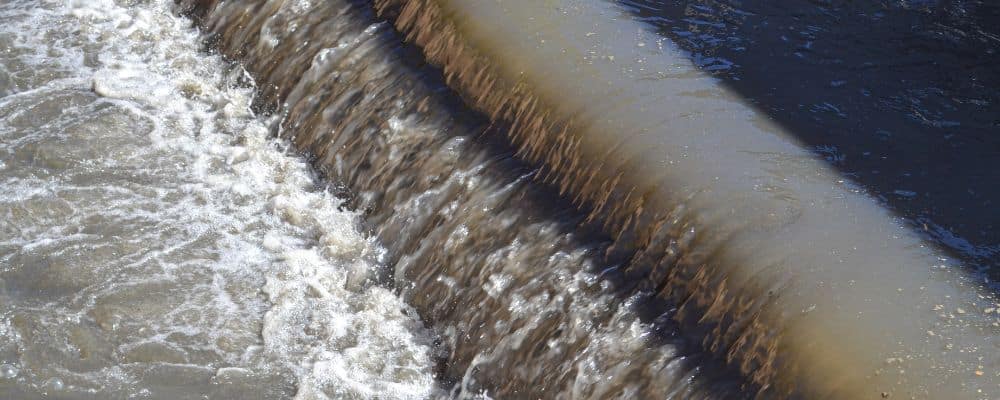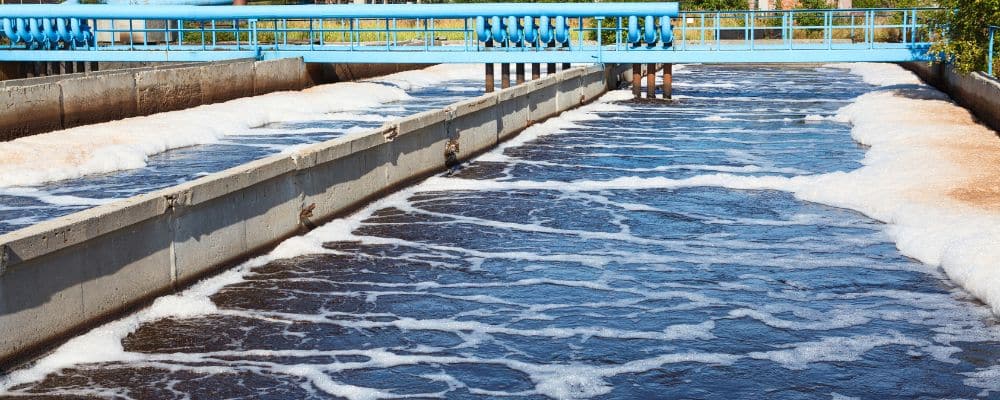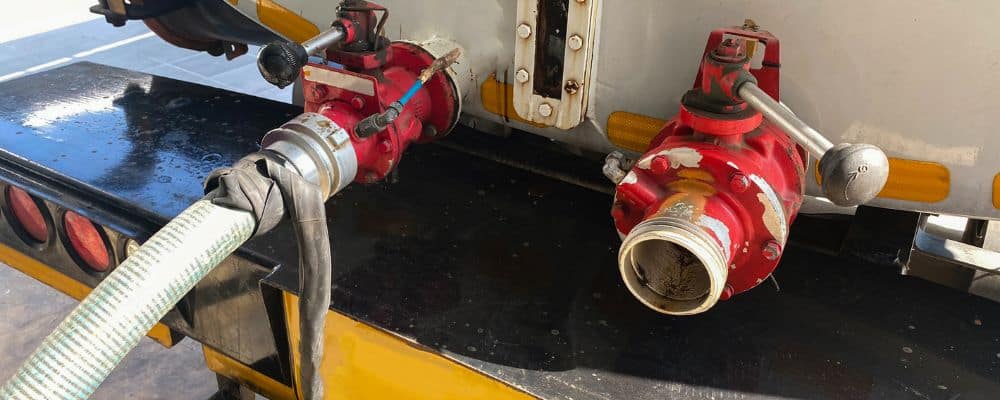As we move towards a more sustainable future, it’s important that the methods utilised by companies when it comes to waste disposal aren’t causing harm to the environment. Industrial wastewater treatment is essential in treating contaminated water before it can be disposed of, but you might be wondering, what is industrial wastewater treatment and what does it involve? Let’s go further into what industrial wastewater treatment is and why it is necessary.
What is industrial wastewater treatment?
Industrial wastewater treatment refers to the process that involves removing contaminants and waste from water in order for it to be reused or disposed of safely, minimising harm to the environment. Industries involving petroleum facilities, chemical plants, and manufacturing companies are examples of corporations that produce wastewater, which may be treated at their own facilities or at wastewater treatment plants.

What does the industrial wastewater treatment process involve?
The appropriate industrial wastewater treatment process depends on the water being treated and may use equipment and chemicals to remove various types of contaminants within the wastewater, including solids and organics. The process begins with the wastewater being screened for rubbish and then removing it, through the use of equipment such as industrial wastewater filters. After the rubbish has been removed, floating waste/oil can be removed with oil skimmers.
The wastewater may then be placed into aeration tanks, where air is added for microbial growth, as microorganisms absorb organic materials within the wastewater. The water in these tanks is then placed into settling tanks, where the heaviest solid wastes can settle and are completely removed with clarifiers. Chemicals are then used to disinfect the water from any toxins, making it safe to dispose of, while any sludge from the treatment process can also be placed into tanks with the water removed from them in a process called dewatering. Eventually, the sludge can be disposed of, used for composting, or combined with agricultural soils.

What equipment is used for wastewater treatment?
The types of equipment used for the wastewater treatment process include plate oil water separators for removing oil from water, air flotation systems, clarifiers, and belt/tube oil skimmers. It also includes floating oil skimmers, filtration media, pumps, and custom fabrication.

Why is industrial wastewater treatment important?
There are various reasons why it is important for organisations to have an effective wastewater treatment process in place. The most common reason is sustainability, as wastewater that is disposed of without being treated pollutes waterways and can even potentially poison fauna and flora, as well as contaminate drinking water. It also cannot be reused, contributing further to water wastage.
In order to minimise our impact on the environment, the industrial wastewater treatment process is necessary to ensure that wastewater can be disposed of safely by all industries. An efficient wastewater treatment process benefits not only the company, but the environment as well, and to see which treatment solution is right for your organisation, get in touch with us today at (02) 4954 0440 or contact us here!
